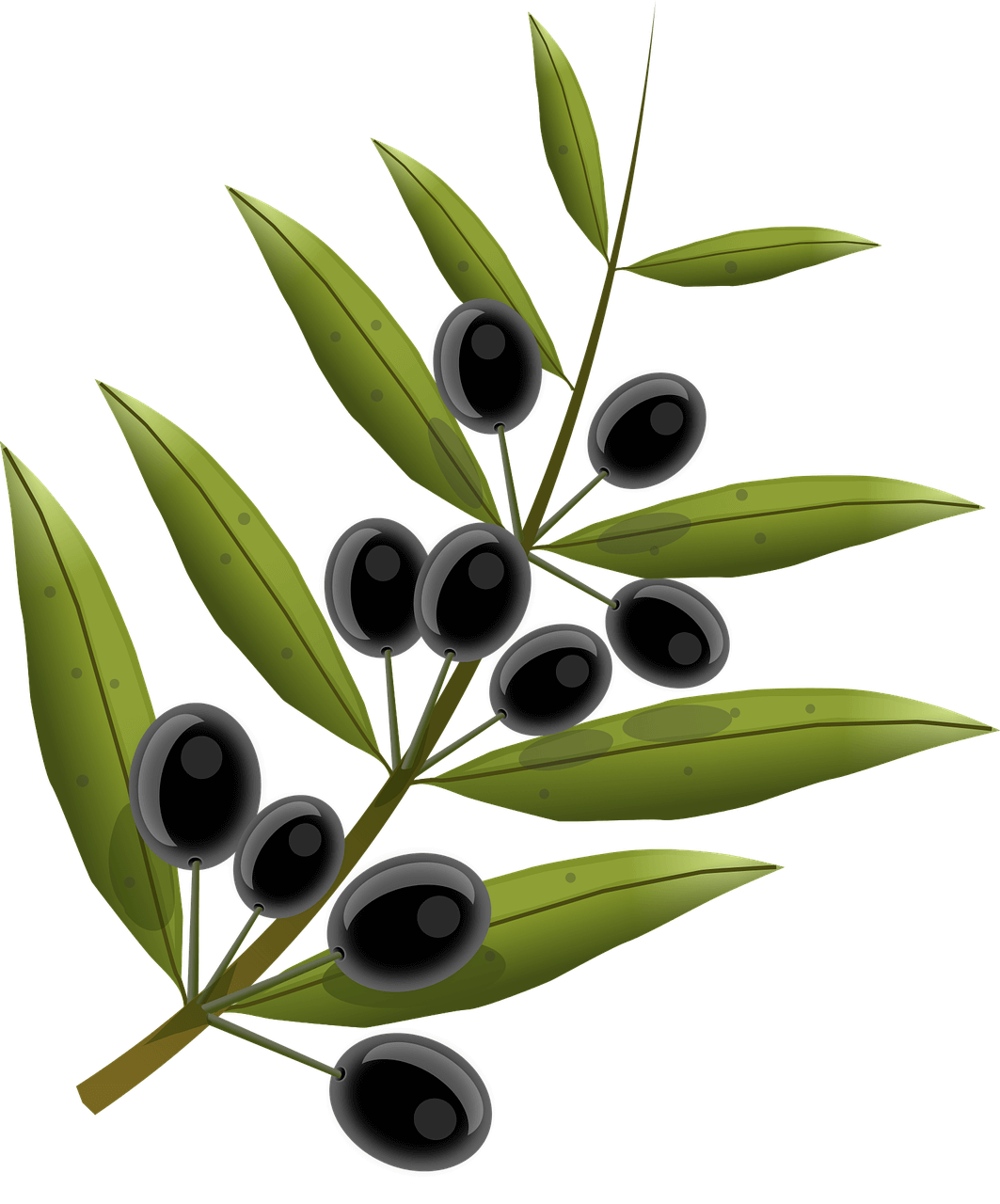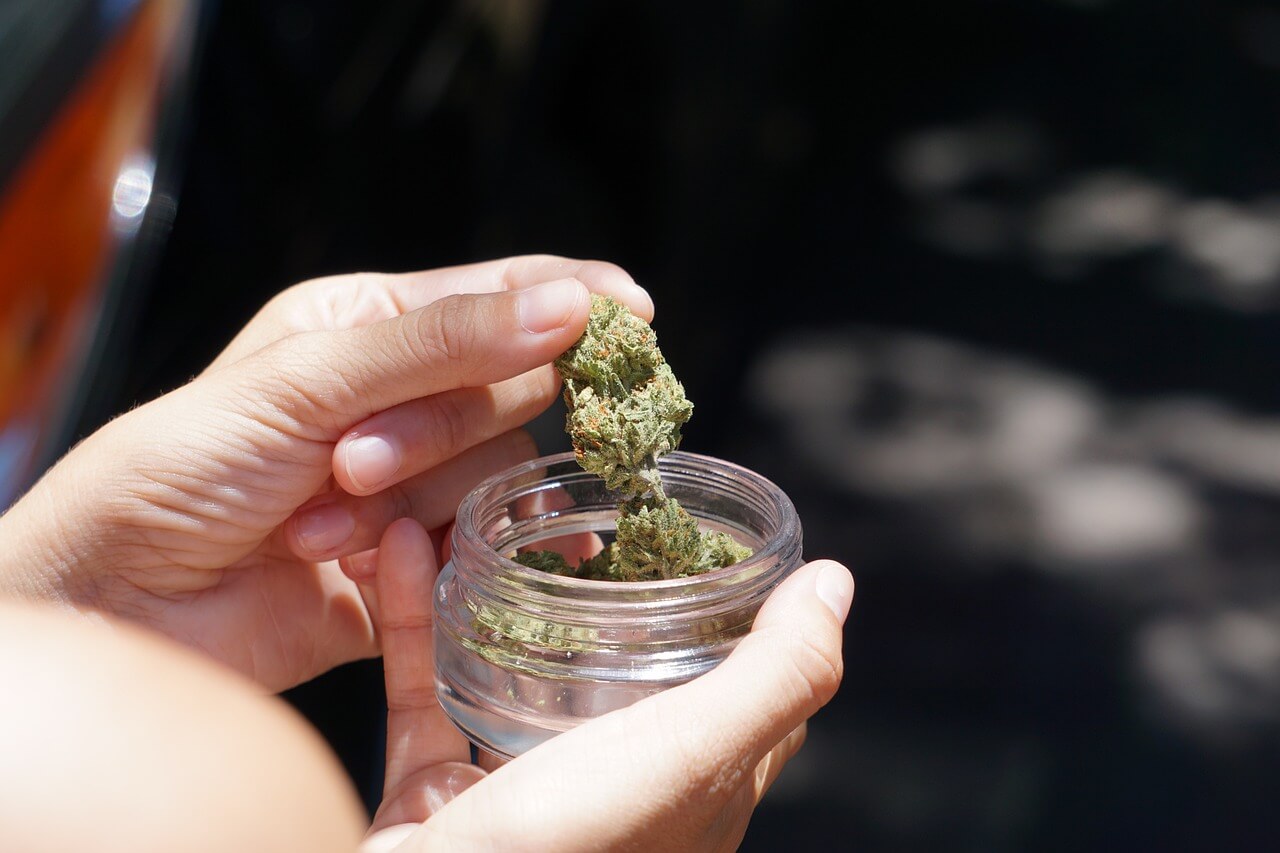Introduction
A. Definition of Ingrown Hair
An ingrown hair is a common skin condition that occurs when a hair grows back into the skin instead of rising up from it, often resulting in inflammation, pain, and discomfort (1). It can happen when dead skin clogs up a hair follicle, forcing the hair inside it to grow sideways under the skin, rather than upward and outward. Ingrown hairs often appear as small red or pink bumps on the skin, sometimes with pus inside. They can cause discomfort and can lead to more serious skin infections if not addressed promptly (2).
B. Common Treatments for Ingrown Hair
Common treatments for ingrown hair involve methods that help to free the ingrown hair, reduce inflammation and prevent further ingrown hairs from developing. These include the use of sterile tweezers or needles to pull out the ingrown hair, but this method should be performed by a professional to minimize risks of infection or scarring. Over-the-counter and prescription creams are also available to reduce inflammation and speed up healing. Exfoliation and hair removal techniques, such as shaving, waxing, or laser hair removal, can also contribute to both the treatment and prevention of ingrown hairs.
C. Introduction of Tea Tree Oil
In recent years, the use of natural remedies has gained traction, and one such remedy is tea tree oil. Native to Australia, tea tree oil has been traditionally used by Aboriginal Australians for centuries for its antiseptic properties. In the context of skin care, tea tree oil has become a popular choice for treating a variety of skin conditions, including acne, skin inflammation, and more recently, ingrown hair (3).
Tea Tree Oil: An Overview
A. Origin of Tea Tree Oil
Tea tree oil, also known as Melaleuca alternifolia oil, is native to Australia, where it has been used by the indigenous people for centuries as a traditional medicine. The oil is extracted from the leaves of the tea tree, not to be confused with the plant that produces tea leaves for beverages. This plant is specifically found in the northeastern coast of New South Wales and the southeastern part of Queensland (4).
B. Chemical Properties of Tea Tree Oil
Tea tree oil is a complex mixture of approximately 100 compounds, most of which are monoterpenes, sesquiterpenes, and their associated alcohols (5). Its key active components include terpinen-4-ol, which is responsible for its antimicrobial properties, and 1,8-cineole, which contributes to its characteristic eucalyptus-like aroma (6). These compounds give tea tree oil its unique healing properties, allowing it to be a beneficial ingredient in skincare and healthcare products.
C. Health Benefits and Uses of Tea Tree Oil
Traditionally, tea tree oil has been used to treat a variety of conditions including infections, burns, and skin conditions due to its antiseptic and anti-inflammatory properties. In modern medicine and skincare, it is commonly found in products such as creams, lotions, and soaps and is used to treat conditions like acne, athlete’s foot, and dandruff (7). Its anti-inflammatory properties also make it an effective natural remedy for soothing skin irritation and reducing inflammation, making it a promising solution for dealing with issues such as ingrown hairs.
Tea Tree Oil for Ingrown Hair
A. Anti-Inflammatory Properties
The presence of compounds such as terpinen-4-ol in tea tree oil makes it a potent anti-inflammatory agent. When applied topically, tea tree oil helps reduce inflammation in the affected area, providing relief from pain and discomfort. Its anti-inflammatory properties can particularly be beneficial for ingrown hairs, where inflammation can lead to redness and pain, especially if the hair follicle becomes infected.
B. Antimicrobial Properties
In addition to its anti-inflammatory effects, tea tree oil also exhibits antimicrobial properties which can be especially useful in treating and preventing infection from ingrown hairs. Its antimicrobial action can be attributed to its ability to disrupt the cell membranes of bacteria and fungi, thereby causing their death (8). This antimicrobial action makes tea tree oil a potent ally in preventing infections, a common complication associated with ingrown hairs.
C. How Tea Tree Oil Helps in Reducing Redness and Irritation
When it comes to skin irritation caused by ingrown hairs, tea tree oil can be of great help. Its anti-inflammatory and antimicrobial properties work together to reduce redness and inflammation, treat and prevent infection, making the skin feels soothed and less irritated (9). Furthermore, because of its natural origin, tea tree oil is less likely to cause side effects, which makes it an excellent choice for individuals with sensitive skin or those who prefer a more natural approach to skin care (10).
The Method of Using Tea Tree Oil for Ingrown Hair
A. How to Apply Tea Tree Oil to the Affected Area
Tea tree oil, being a potent essential oil, should be used with caution. It’s best to dilute it with a carrier oil, such as coconut or olive oil, before applying to the skin. To treat ingrown hair, mix a few drops of tea tree oil with a teaspoon of carrier oil. Once the oil blend is prepared, gently apply it to the affected area using a cotton ball or a clean fingertip. Allow the oil to be absorbed by the skin, preferably leaving it on for a few hours or overnight. This process can be repeated twice a day until the inflammation and irritation subside and the ingrown hair is resolved.
B. Safety Measures and Potential Side Effects
While tea tree oil is generally safe for topical use, it can cause allergic reactions in some people, such as skin irritation, redness, and itching. Therefore, it is highly recommended to perform a patch test before full application, especially for those with sensitive skin (11). This involves applying a small amount of the oil blend to the inner forearm and waiting for 24 hours to check for any adverse reactions. If there is any sign of irritation or discomfort, discontinue use and consult a healthcare provider. Moreover, tea tree oil should never be ingested as it can be toxic if swallowed (12).
Comparing Tea Tree Oil with Other Essential Oils for Ingrown Hairs
A. Tea Tree Oil vs Other Essential Oils
There are several essential oils that can potentially be effective for ingrown hairs due to their various properties. For instance, lavender essential oil is known for its calming and anti-inflammatory properties that can soothe skin irritation (13). Similarly, peppermint essential oil has cooling effects that can provide relief from inflammation and pain. However, tea tree oil stands out due to its powerful combination of antimicrobial and anti-inflammatory properties, making it a robust choice for preventing infection and reducing inflammation associated with ingrown hairs.
B. Unique Benefits of Tea Tree Oil
While many essential oils have beneficial properties for skin health, tea tree oil carries unique advantages when it comes to treating ingrown hairs. Apart from its anti-inflammatory and antimicrobial characteristics, it also has keratolytic properties, meaning it can help in softening the top layer of the skin, which aids in the release of the ingrown hair. This, coupled with its ability to reduce redness and irritation, makes tea tree oil an excellent choice for managing issues related to ingrown hairs.
Conclusion
A. Recap of the Benefits of Using Tea Tree Oil for Ingrown Hair
Tea tree oil, a natural ingredient, offers a host of benefits in treating ingrown hair. Its powerful anti-inflammatory properties can effectively reduce redness, inflammation, and irritation associated with ingrown hair. Furthermore, its potent antimicrobial action can help prevent and treat potential infections, a common issue with ingrown hairs. Lastly, its unique keratolytic property aids in releasing the trapped hair by softening the top layer of the skin, further establishing tea tree oil’s effectiveness in managing ingrown hairs.
B. Importance of Natural Ingredients in Skincare
The use of natural ingredients in skincare, like tea tree oil, is gaining widespread popularity due to their relative safety and numerous health benefits. In the context of managing skin issues like ingrown hair, natural ingredients can offer a gentle and effective alternative to chemical-based products. Moreover, they often come with additional benefits, such as soothing and nourishing the skin, thus contributing to overall skin health (14). Therefore, embracing natural ingredients like tea tree oil can be a strategic approach to skincare, considering their multi-faceted benefits and compatibility with various skin types (15).










